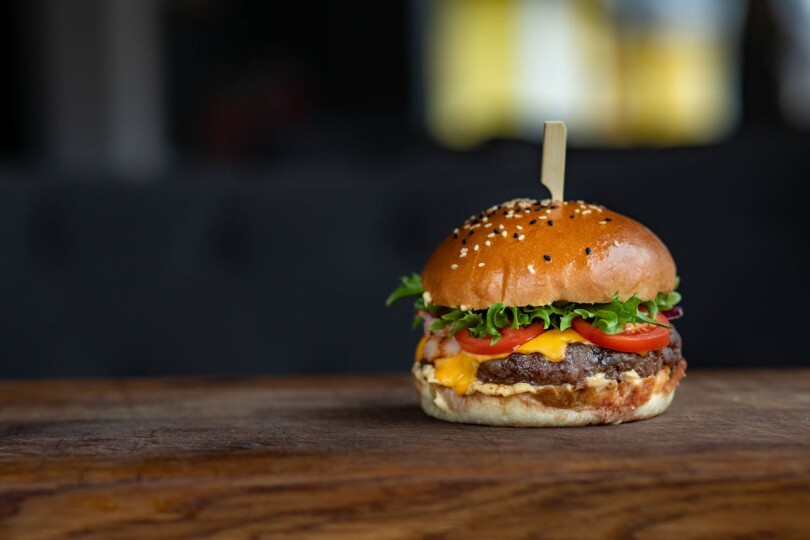Why Is the Gulf Attracting Climate Tech Businesses?
28 Jun 24
Enviro ChatThe Global News Source for the World of Science and Chemicals
18 March 2024
Lab Chat
The Dubai Central Laboratory in the UAE has announced it has employed a new food screening and analysis system which can detect the presence of pork in test samples. The advanced technology is capable of processing as many as 100 tests per hour and can deliver accurate results within 24 hours of the test taking place.
Indeed, the new system is around 100 times more efficient than conventional testing methods, signalling a massive breakthrough in the field of food safety and quality control. What’s more, the same technology can also be applied to a wide range of bacteria, fungi and yeasts in food items, while it can also be used by consumers to ensure high levels of quality in drinking water, groundwater and any other type of water sample.
The innovative new test is capable of using heightened concentrations of genetic material or DNA extracted from processed meat items to identify the presence of pork byproducts within a matter of hours. The specificity of this new system means that it can offer greater accuracy than ever before with regard to the presence of pork, while it is also significantly more efficient than existing methods.
That’s because the sophisticated fluorescence-based detection techniques employed by the technology make it much more advanced than anything that has come before. Meanwhile, the automation of the entire process and the security protocols baked into it means that samples can be tracked every step of the way, from initial testing right through to the publication of the results.
These new capabilities mean that Dubai Central Laboratory can now handle up to 100 different food samples each hour, with highly accurate results for all of them delivered within a day. This not only improves the overall screening process, but should have a beneficial impact on productivity and flexibility in terms of the Laboratory’s abilities going forwards.
It’s not just pork which the new system can detect, either. According to Hind Mahmoud Ahmed, Acting Director of the Dubai Central Laboratory, it’s also adept at identifying the presence of bacteria, fungi, yeasts and other microbial contaminants in food and water samples. This makes it an invaluable tool in safeguarding the health of Emirati citizens.
Indeed, the service is an interactive one and customers are invited to take advantage of the microbiology analysis conducted by the laboratory. This means they can access information about the quality and safety of certain food products, food contact materials (FCMs) and nutritional supplements, as well as analyse samples to better ascertain the expiry dates of the foodstuffs in question.
Furthermore, the environmental sample testing service is capable of guaranteeing the safety and potability of drinking water, both from bottled and non-bottled sources. What’s more, other types of water (from a diverse array of sources, including groundwater, lakes and beaches as well as swimming pools, hotels and even hazardous wastes) can also be sample tested to analyse for potential contaminants.
DOWNLOAD PDF

2 Day Seminar Program
@ ArabLab+ 2024
24 & 25 September 2024
Your stay in Dubai
Labkit
Product News
Chemkit
Product News
Thinking about exhibiting at ARABLAB 2024? Watch our video to find out more.
Join the world’s leading organisations…
Join our mailing list and receive the ARABLAB newsletter and event updates.